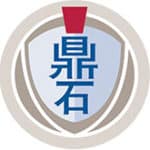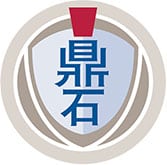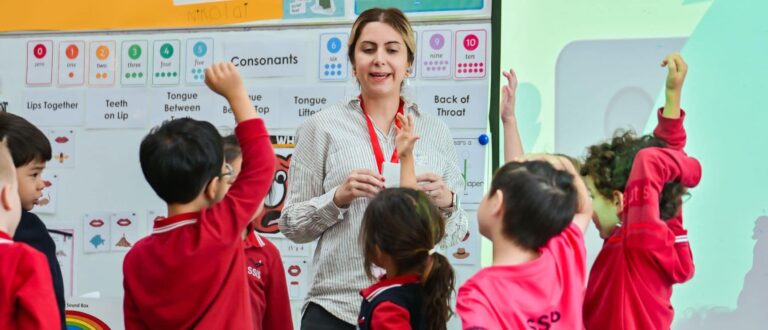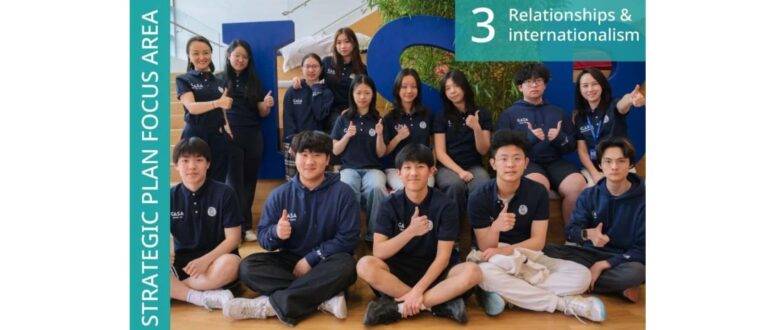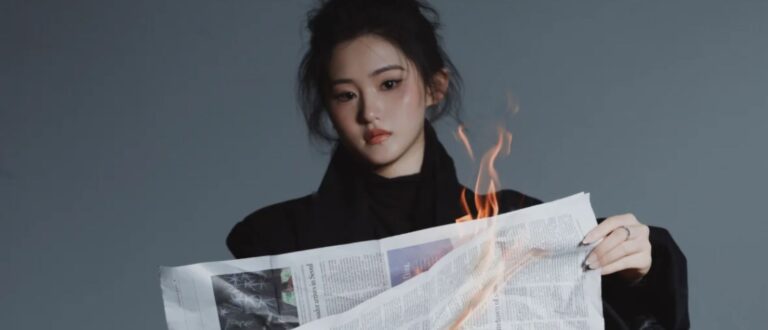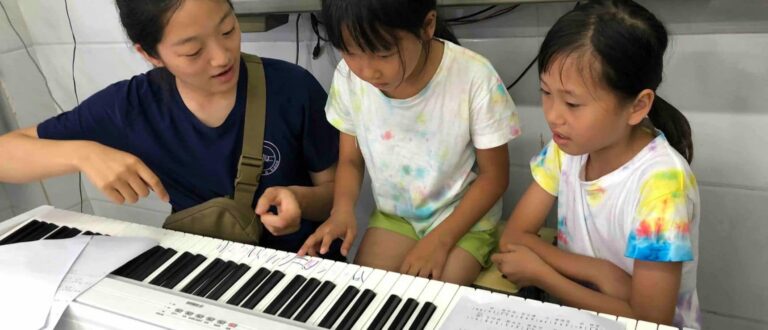I have been fortunate in my life so far to have met some remarkable people. A few of these have been very well known around the world, perhaps the most famous being my compatriot, Nelson Mandela. Others have been people hardly known outside a small village or locale, but hardly less remarkable for that. In my graduation address in May to the Class of 2021, I mentioned a trekking guide that I met in the mountains of Lesotho when I was 20 years old. This man, Khotso, seemed to me to be in many ways the ideal teacher. I remember vividly and still cherish the four or five days that I spent in his company.
We all meet remarkable people in our lives, whether they are famous or not, people who mark us for life. After our parents, and immediate family, our primary or elementary school teachers are often high on that list as they can exert an enormous influence on the course of our lives. Frequently it is our attitude, open or closed, to these encounters that decide their value, their mark.
I’ll write this week about a curious incident that I experienced in my first few years of schooling. When I was in primary school and only 9 years old I was beaten, hard, by a teacher. I’ll say that again, just to make sure you note it. When I was in primary school and only 9 years old, I was beaten, hard, by a teacher. He was, in fact, my Head of School. This was 1962 and corporal or physical punishment was part of the discipline process at my school, even for those of tender age. Hitting children, when they made mistakes or broke rules, was accepted practice at that time in many schools, in multiple countries. I am sad to say that it still is, in some.
I was beaten with a sneaker. I was asked to bend down and touch my toes. I was wearing the grey flannel shorts that were part of my school’s uniform. My bottom was smacked hard, six times, and it hurt. The pain did not last that long but I remember it, clearly.
This is how my punishment came about. One of my teachers had placed me in Saturday morning detention. There had been a situation where a student’s ink pen had been broken, deliberately. I had not done it but I was the prime suspect in the eyes of the teacher. I knew who had done it but, of course, I was not going to say. So there I was, facing a Saturday morning of detention, when I could have been playing outdoors in the sun with my friends.
More significant than that, however, was the injustice of it. I was not impressed at being wrongly accused. So, what would you guess that the 9-year version of Mr. McKenzie would do? The obvious thing – I made an appointment to see my Head of School, to protest.

Who was this man who heard my protest? He had played cricket for the South African national cricket team, and he was famous amongst cricket lovers in South Africa for his sporting achievements. He was unusually tall, about 6 feet 5. He was also very gentle, despite a deep, almost gruff voice – a genuine gentle giant. He asked me to tell my side of the story. I said that I had been falsely accused and that I thought that I should not do the punishment. He listened carefully and asked just a few, focused questions. I could see that he believed me So I was surprised when he responded, in conclusion, by telling me that I had a choice: either I could do the detention on the Saturday morning or he would beat me on Monday if I took the law into my own hands and refused to attend.
I did not know what to do. But the really strange part of the meeting was that I sensed that he wanted me to stay away from the detention, to follow the dictates of my conscience, and do what I thought was right. I had the eerie feeling that he was leading me quietly to follow my protest through, despite the consequences that he had outlined. He did not say it but I heard a silent shout from him to me not to come to the Saturday detention. I did not for a moment think that he had any great desire to beat me – he was much happier batting cricket balls. But I knew that he would. And so it came to pass: I stayed away on the Saturday, free with my friends but anxious, and I was beaten soundly on the Monday, payment that I had to make for what I had come to see as the honorable, correct choice.
I come back again and again in my memory to this incident. For me, this was a defining moment of my primary school days, even if some of what I learned was not articulated then but reconstructed later. I saw, probably for the first time, the following:
- that adults sometimes have to act in ways that they would not choose to in ideal circumstances, in ways that they feel forced into;
- that a system might need to be supported in denial of the claims, even the just and legitimate claims, of an individual;
- that there are unorthodox ways of guiding people to learn about themselves;
- that care and encouragement, even love, from teacher to student can not always be spoken but sometimes must be transmitted in an almost extra-sensory way;
- that it is possible to earn respect by breaking rules;
- that our most valuable lessons at school can take place outside the classroom;
- that leadership, and life, although difficult and even painful at times, are richly layered and oh, so complex.
All of this came rushing back to me when I noticed a saying (from Barbara Johnson) on a wall in our secondary building, in big, bold, multi-colored letters: Attitude is the mind’s paintbrush, it can color any situation.
I agree, completely, and I thank you for your colorful attitude in putting it there, whoever you are. You are remarkable. I’ll add you to those who have influenced my life.
With warm regards,
Malcolm McKenzie – Keystone Academy Head of School
